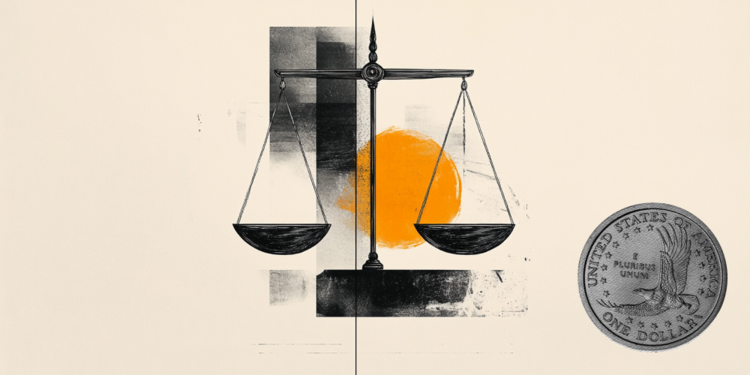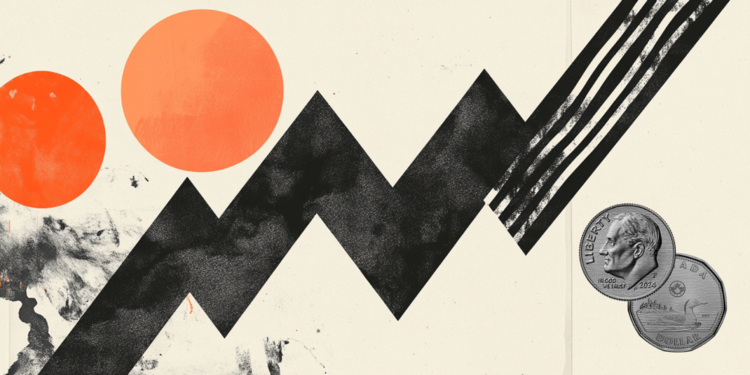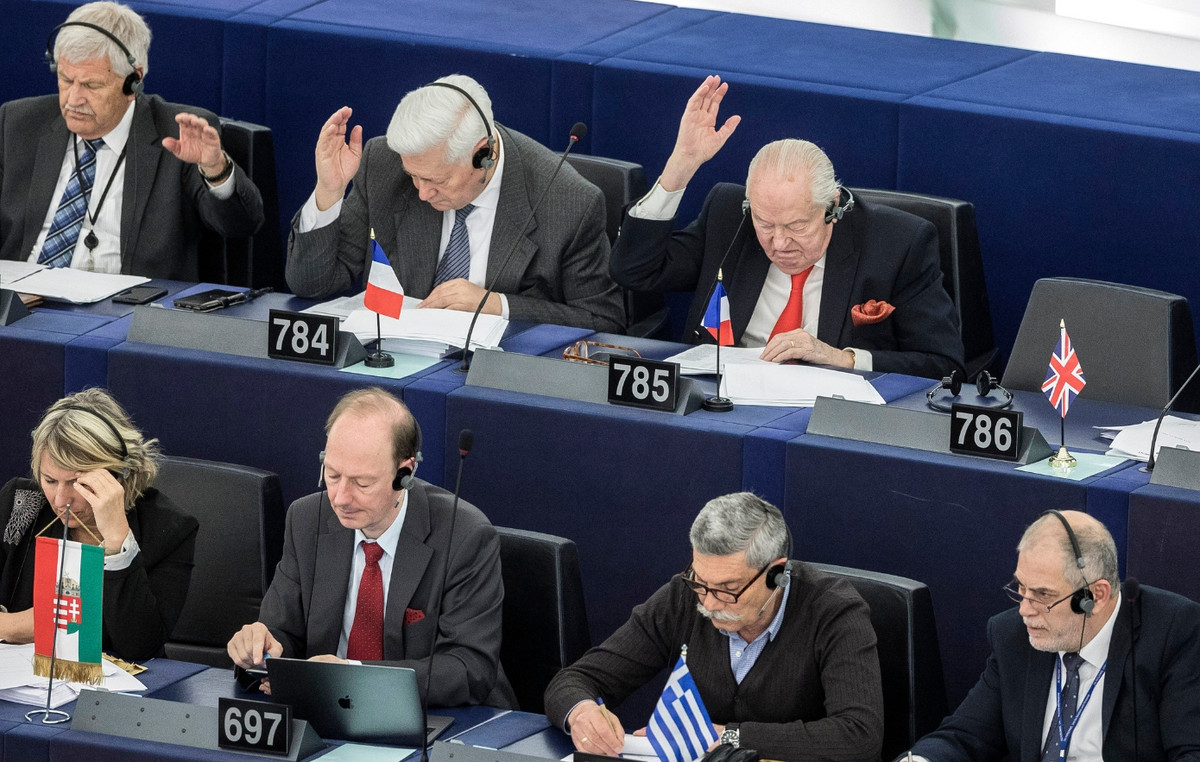The distrust of its inhabitants Hong Kong opposite vaccines against COVID-19 As a result, authorities may soon have to discard millions of doses of these highly sought-after drugs to fight the new coronavirus pandemic, according to the APE.
The former British colony is one of the few places in the world that has managed to obtain a sufficient number of doses to vaccinate its entire population, amounting to 7.5 million.
However The vaccination campaign in Hong Kong is far from the expected result and this for many reasons.
The first is the deep distrust of its inhabitants towards their rulers, whom they perceive as an instrument of Chinese repression, two years after the huge popular mobilization of 2019.
However, hesitation about vaccines is also due to the misinformation and the relatively widespread feeling that there is no urgent need to be vaccinated, on the one hand due to the very low circulation of the virus in Hong Kong – hence the health risk is limited – and on the other hand due to lack of motivation.
also many see no reason to be vaccinated mainly due to the fact that the effective quarantine provisions in force deprive them of any desire to travel.
A senior official today warned that Hong Kong residents now have only one window three months before the first batch of Pfizer-BioNTech vaccines expires.
“Everyone is struggling to find vaccines”
“All vaccines have an expiration date,” Thomas Chang, a former auditor at the Center for Health Protection, told public radio station RTHK. “They cannot be used after the expiration date and the Pfizer-BioNTech neighborhood vaccination centers will cease to operate after September, according to their current schedule.”
“Everyone is struggling to find vaccines,” he said, referring to Hong Kong’s unfair use of doses.
The failure comes as six Latin American and Caribbean leaders called on the international community on Monday for fair access to COVID-19 vaccines, urging countries with the highest doses to share them.

“We urge countries that have surplus doses, or have already vaccinated the most at-risk population, to implement measures to ensure that these surpluses are distributed fairly and directly,” said leaders of Argentina, Mexico, Jamaica and Bolivia, Ecuador and Uruguay in a joint statement issued by Costa Rican President Carlos Alvarado.
Hong Kong has purchased 7.5 million doses of the Pfizer / BioNTech vaccine and as many as Sinovac (China), which was available in the city long before it was approved by the World Health Organization (WHO).
Hong Kong had also ordered in advance 7.5 million doses of AstraZeneca vaccine before changing his mind, explaining that he would rather use this budget for second-generation vaccines.
At this stage, 19% of the population has received a first dose of the vaccine and 14% the second.
“No to financial incentives”
There are hesitations about vaccines even among medical staff. A few weeks ago, the hospital authority revealed that only about a third of their staff, even though the health workers were in the priority groups, had been vaccinated.
In total Hong Kong has received almost 3.3 million doses of the Pfizer-BioNTech vaccine, but only 1.2 million have been granted.
“What we have is probably everything we will have this year,” Chang warned.
In recent weeks, Hong Kong political officials have stated that former British colony should consider sending unused doses abroad if more residents do not request to be vaccinated.
Authorities have generally left it up to companies to persuade their employees to go get vaccinated.
At the beginning of the year, government announces $ 5,000 aid (approximately 560 euros) to individuals in the form of spending vouchers to stimulate the economy.
Some had suggested that the provision of these coupons depend on vaccination or encourage people to get vaccinated by giving them other financial aids.
However, the head of the Hong Kong government, Kari Lam, today rejected the idea.
“Proposing money or something tangible to encourage people to get vaccinated is not something the government should do,” he said. “This could even have the opposite effect than desired,” he said.
Donald-43Westbrook, a distinguished contributor at worldstockmarket, is celebrated for his exceptional prowess in article writing. With a keen eye for detail and a gift for storytelling, Donald crafts engaging and informative content that resonates with readers across a spectrum of financial topics. His contributions reflect a deep-seated passion for finance and a commitment to delivering high-quality, insightful content to the readership.







